Organized Jointly by

Conference Overview
The 17th International Conference on Multidisciplinary Education on Synergy of Disciplines: Leveraging Modern Technology for Educational Transformation, aims to bring together academicians, researchers, technologists, policymakers, healthcare professionals, engineers, and management experts to explore transformative pathways for modern learning and innovation. This global conference will serve as a platform for cross-sector dialogue, emphasizing how education, science, technology, healthcare, and business innovation can converge to address the complex challenges of the 21st century. The overarching goal is to build a holistic and inclusive educational ecosystem that integrates STEAM (Science, Technology, Engineering, Arts, and Medicine) principles to promote sustainable human development.
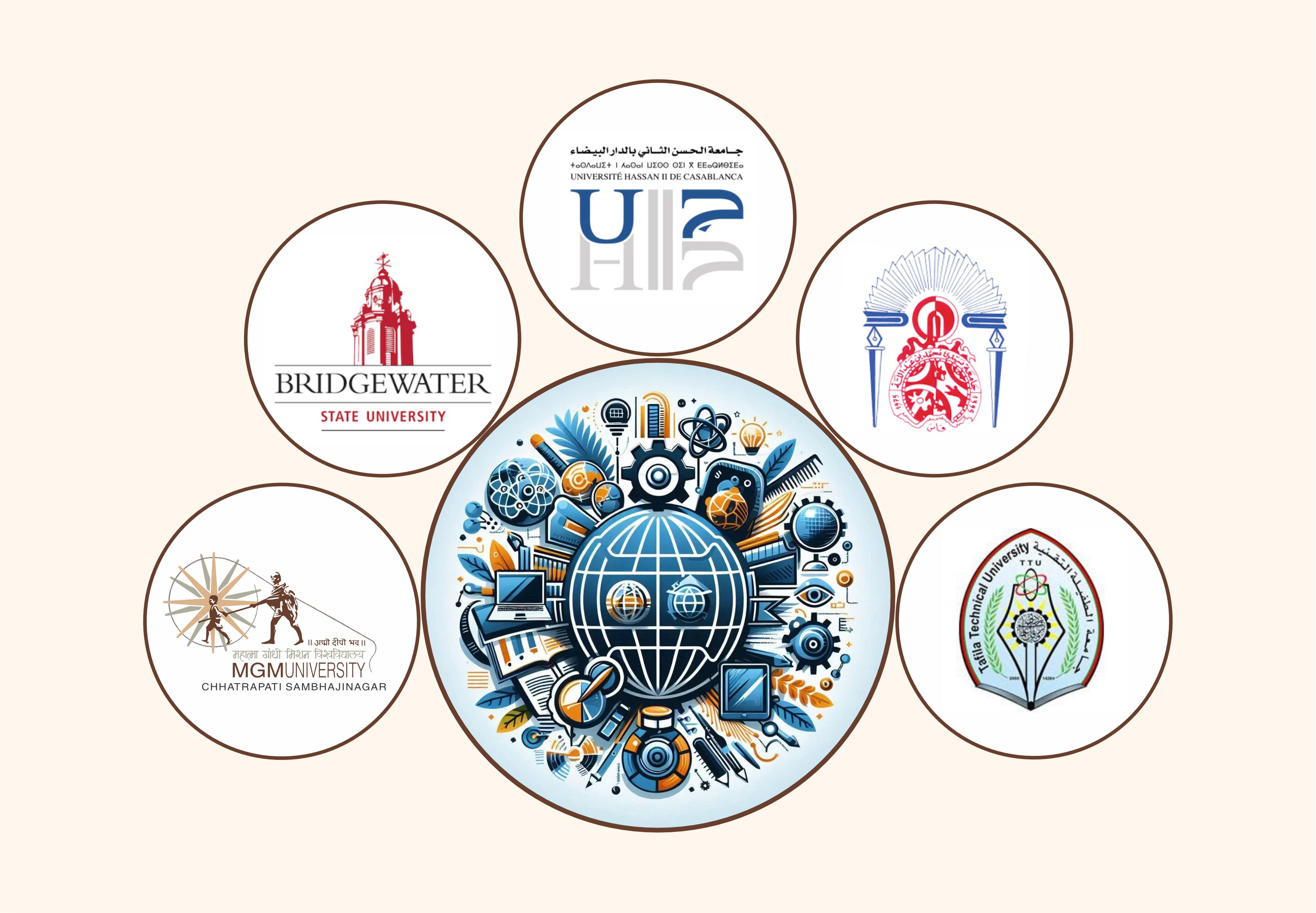
Conference Themes
- Incorporating Technology in the Classroom: Faculty and Student Experiences
- Personalized Learning Paths: Adaptive Platforms and Methods
- Collaborative Learning: Strengthening Student–Faculty Partnerships
- Blended and Hybrid Learning Environments
- Gamification and Simulation in Education
- Digital Storytelling as a Pedagogical Tool
- AI-Powered Learning in STEM Education
- Integrating Flexible AI Tools in STEAM Teaching
- Bridging the Digital Divide: Ensuring Equitable Access for Faculty and Students
- Designing Inclusive Curricula for Diverse Learners
- Promoting Neurodiversity Through Modern Educational Tools
- Student-Led Initiatives for Equity and Inclusion
- Faculty Development for Inclusive Teaching Practices
- Leveraging Technology to Support Underrepresented Groups
- Using Technology to Attract, Recruit, and Support Underprivileged International Students
- Democratizing education; Optimizing education techniques
- AI-Driven Assessment Techniques
- Real-Time Student Feedback Through Apps and Digital Platforms
- Rethinking Evaluation: Alternative Grading Systems (Perspectives from Faculty and Students)
- Peer Assessment and Digital Collaboration
- Utilizing Data Analytics to Monitor Student Progress
- Formative and Summative Assessment in the Digital Age
- Emerging Pedagogies for 21st Century Learners
- Technology Integration in Classrooms and Virtual Learning
- AI, Robotics, and Augmented Reality in Teaching
- Inclusive and Adaptive Learning Environments
- Neuro-education and Cognitive Learning Strategies
- Global Curriculum Design for Diverse Learners
- Community Engagement for Curriculum Designing and Implementation
- Language, Literature, Communication and Translation: Reimagining Humanities in the Digital Era
- AI, IoT, and Machine Learning for Educational Transformation
- Sustainable Engineering Practices and Green Technologies
- Digital Twins and Smart Classrooms
- Robotics, Simulation, and Virtual Laboratories
- Cyber security Awareness and Digital Literacy in Education
- Block-chain for Academic Certification and Transparency
- Digital Health Education and Telemedicine Training
- AI in Medical Diagnostics and Learning Platforms
- Integrative Health Education and Simulation-Based Learning
- Public Health Communication and Awareness Campaigns
- Mental Health Literacy Among Students and Faculty
- Biomedical Engineering Innovations in Medical Learning
- Leadership and Ethics in Educational Institutions
- Innovation Management and Design Thinking in Higher Education
- EdTech Startups and Entrepreneurial Ecosystems
- Data-Driven Decision Making in Educational Policy
- Sustainable Business Models in Educational Ventures
- Corporate Social Responsibility and Academia-Industry Collaboration
- Reimagining Curriculum Through the Lens of Indian Knowledge Systems
- Blending Traditional Wisdom with Modern Pedagogical Approaches
- Indigenous Practices in Science, Technology, and Environmental Sustainability
- Reviving Classical Languages and Texts as Knowledge Sources
- Experiential Learning from Local and Community-Based Knowledge Traditions
- Incorporating Yoga, Ayurveda, and Holistic Well-being in Education
- Digital Preservation and Dissemination of Indigenous Knowledge
- Research and Innovation Through IKS Frameworks for Global Relevance
- Artificial Intelligence and Machine Learning Applications
- Deep Learning and Data-Driven Systems
- Cybersecurity and Digital Trust
- Quantum Computing and Advanced Simulation
- Blockchain, IoT, and Smart Infrastructure
- Applied Engineering Research and Prototyping
Paper Submission
All papers to be submitted through Conference Management System (CMT). Email id for correspondence: [email protected] [CMT to be used for Author registration, Reviewer Registration, Abstract Submission Abstract Review Submission, Paper Submission]
Paper SubmissionImportant Dates
- Cultural Evening and Networking Dinner
- Post-Conference Academic & Industry Tour
Submission Guidelines
Participants are invited to submit an abstract (minimum 600 words) by January 25, 2026
Each abstract must include:
- Title and Author Details (with affiliations and email)
- Abstract Summary (Introduction, Objectives, Methodology, Expected Findings)
- Theoretical or Conceptual Framework
- Relevance to Chosen Theme
- Five Keywords
Full Paper Submission 7,000–10,000 words
Deadline: March 10, 2026
Submissions must be original and unpublished. Accepted papers will be included in conference proceedings (Applied for indexing in scopus) and considered for partner journals.
Registration Fees
| Category | Fee | Includes |
|---|---|---|
| International Participants | $ 200/- | Admission to all Sessions, Conference Kit & Meals |
| Indian Participants Academicians & Industry Experts | ₹ 3500/- | Admission to all Sessions, Conference Kit & Meals |
| Research Scholars | ₹ 2000/- | Admission to all Sessions, Conference Kit & Meals |
| Students | ₹ 1000/- | Admission to all Sessions, Conference Kit & Meals |
Registration fee includes: Participation in all scientific sessions, conference materials, tea/coffee, lunch, and a certificate of participation.
- Additional charges are applicable for publishing full-length articles as per the journal's terms and conditions.
- Accommodation for participants will be made available on a payment basis.
Note: (The Microsoft CMT service is used for managing the peer-reviewing process for this conference. This service is provided for free by Microsoft and they bear all expenses, including costs for Azure cloud services as well as for software development and support.)
Honorary Chairs

Hon. Shri. Ankushrao N Kadam
President, MGM University, Chhatrapati Sambhajianagar, Maharashtra, India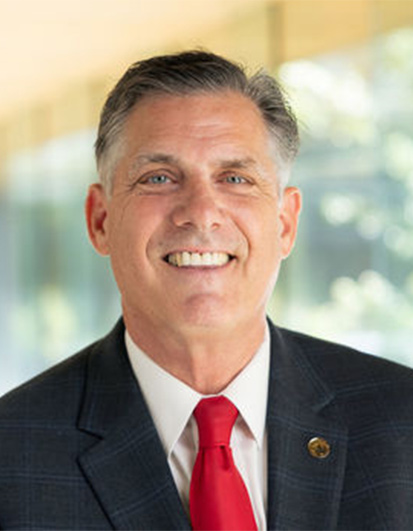
Frederick W. Clark Jr.
Esq., President, Bridgewater State University (BSU), Bridgewater, Massachusetts, USA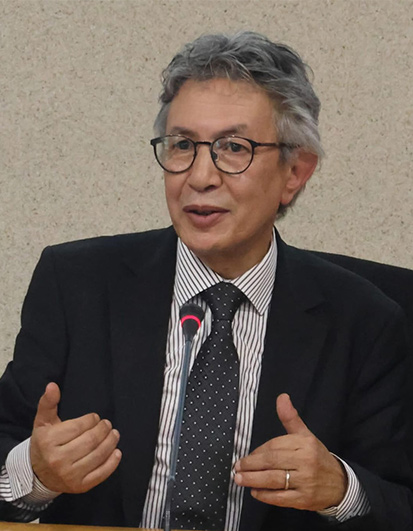
Pr. Dr. Houssine Azeddoug
President, Hassan II University, Casablanca, Morocco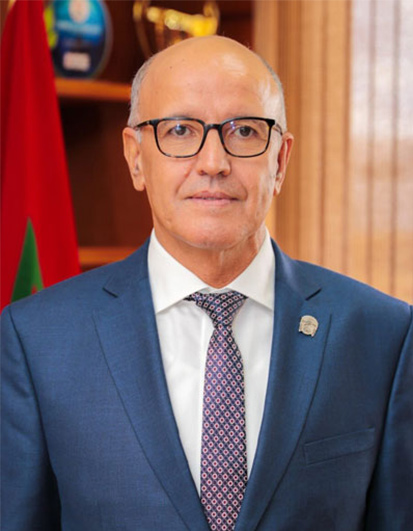
Pr. Dr. Mostafa Ijjaali
President, Sidi Mohamed Ben Abdellah University (USMBA), Fes, Morocco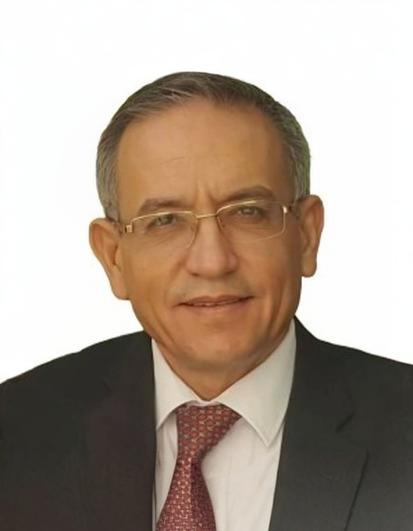
Pr. Dr. Hasan Al-Shalabi
President, Tafila Technical University (TTU), Tafila, JordanConference Chairs
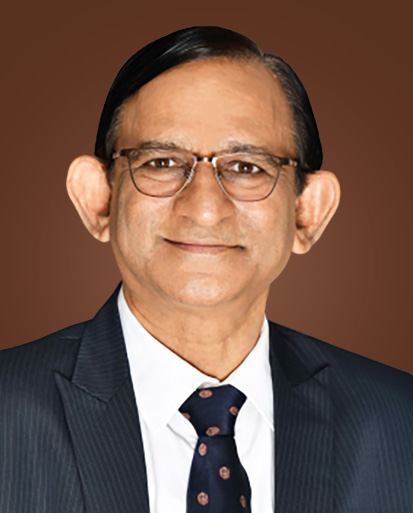
Dr. Vilas S Sapkal
Vice-Chancellor,MGM University, India
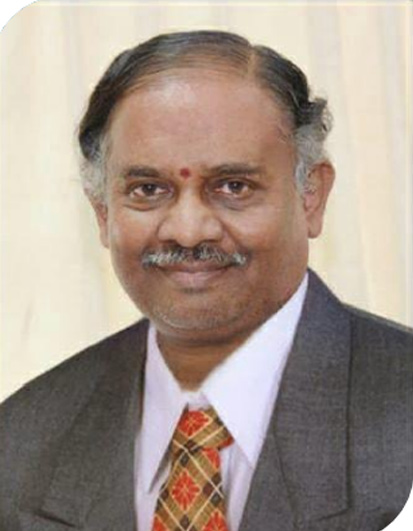
Dr. B.K. Ravi
Vice-Chancellor,Koppal University, India
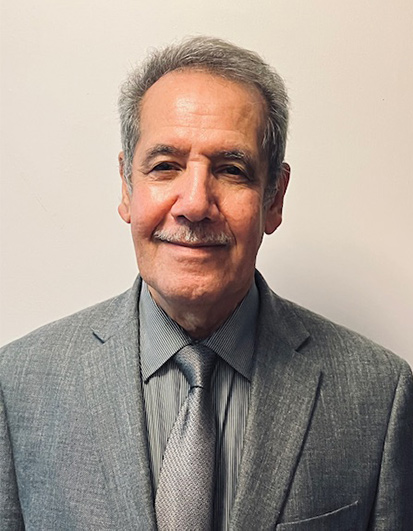
Dr. Jabbar Al-Obaidi
Professor & Special Advisor to the President for Global Partnerships, BSU, USA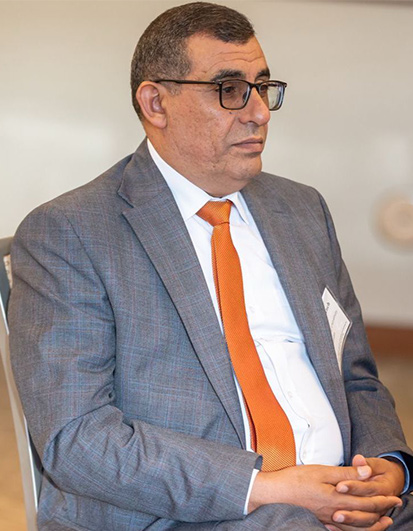
Dr. Khalil Qatawneh
Vice Presidentfor Finance and Administrative Affairs,
Tafila Technical University (TTU), Jordan
Conference Co-Chairs
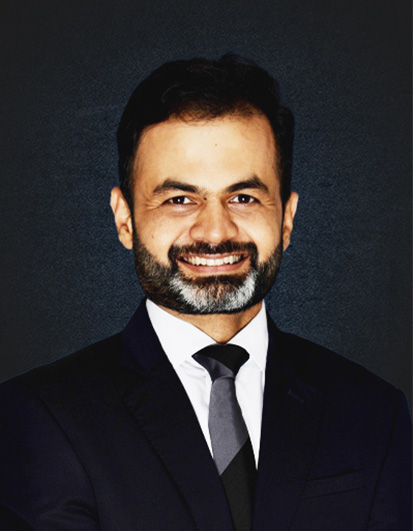
Dr. Ashish Gadekar
Registrar, MGM University, India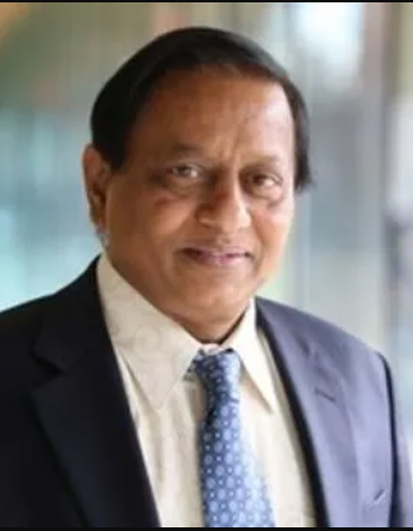
Dr. Madhusudan N. Rao
Professor, Geography, Director, MENA Studies Program, BSU, USA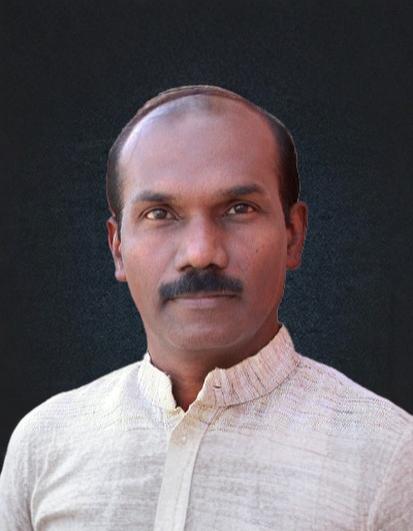
Dr. John Challadurai
Dean, Interdisciplinary Studies, MGM University, India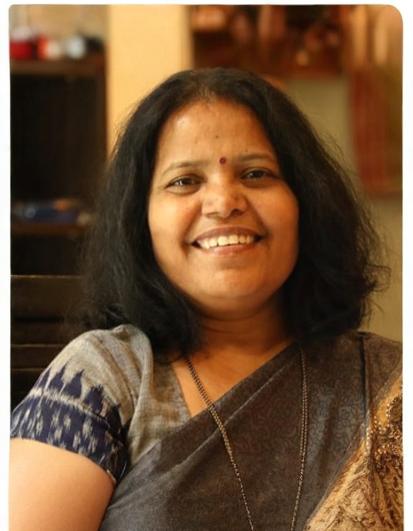
Dr. Rekha Shelke
Dean, Faculty of Social Science & Humanities, MGM University, India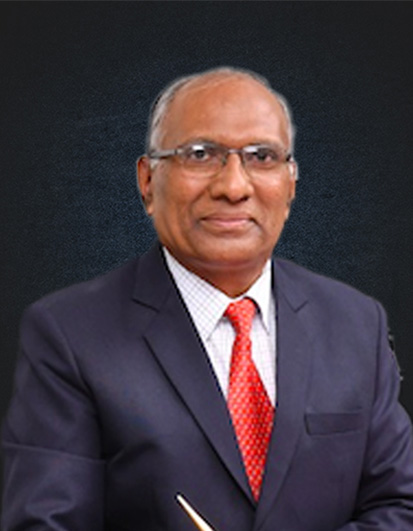
Dr. H.H. Shinde
Dean, E & T, MGM University, India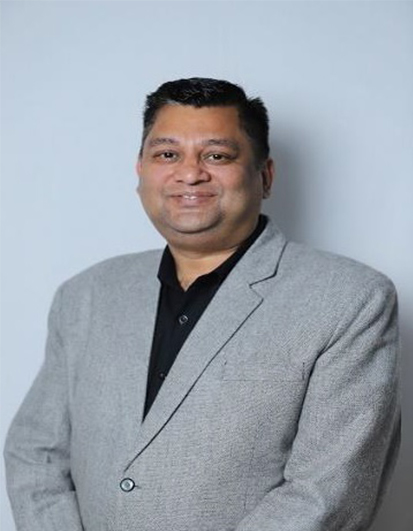
Dr. Ranit Kishore
Dean, Management & Commerce, MGM University, India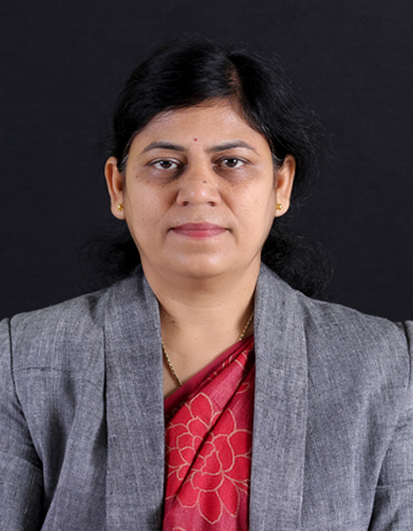
Dr. Prapti Deshmukh
Dean, Basic & Applied Science, MGM University, India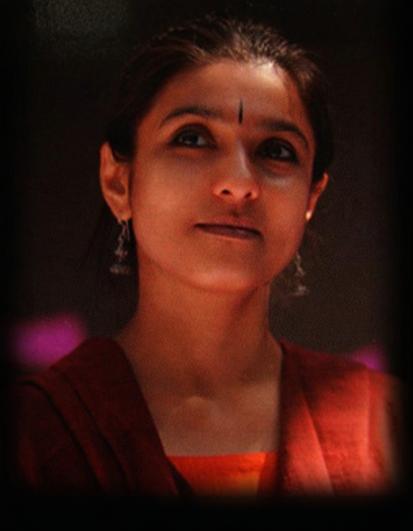
Guru Parwati Dutta
Dean, Performing Arts, MGM University, India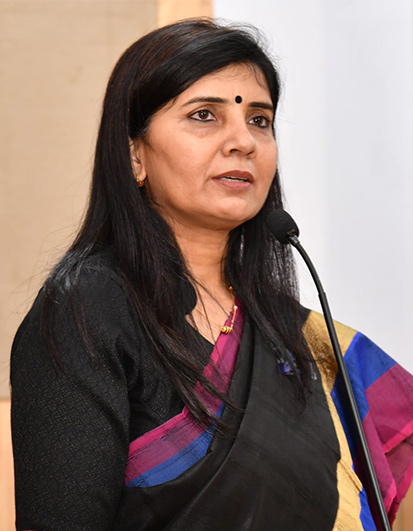
Dr. Parminder Kaur
Professor & Director, SOET, MGM University, India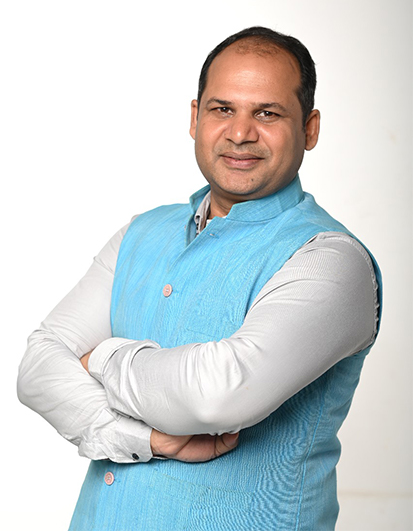
Dr. K. P. Singh
Director, Inst. of Indian and Foreign Languages, MGM University, India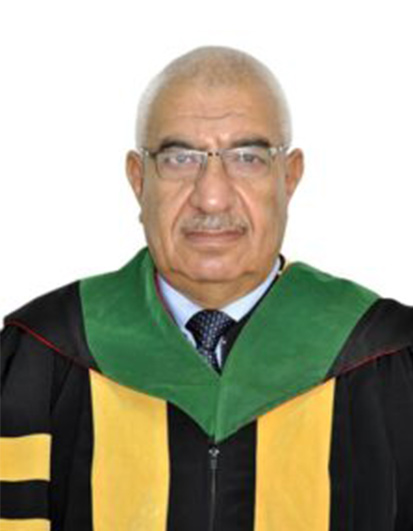
Prof (Ph.D) Taiseer ALqaisi
Dean of the Faculty of Educational Sciences, TTU. Jordan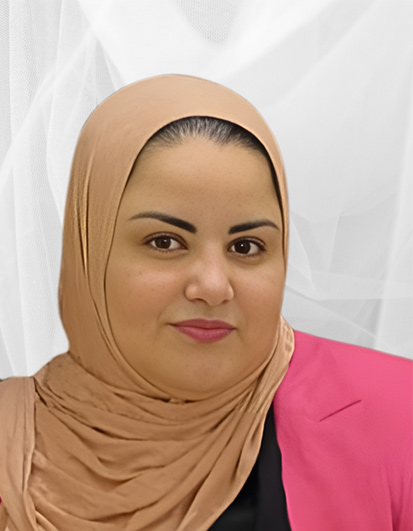
Dr. Imane El Imadi
Hassan II University, Morocco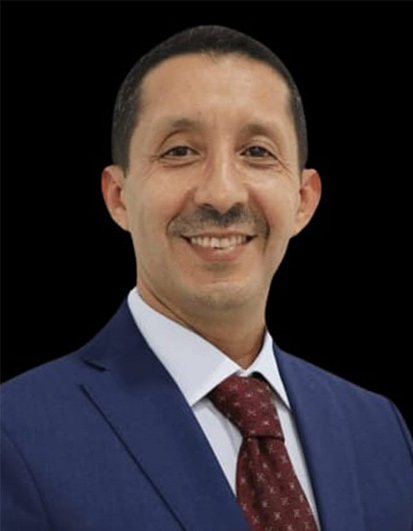
Dr. Mohammed Moubtassime
Dean of the Faculty of Humanities, Director of Language Center, Sidi Mohamed Ben Abdellah University, Morocco.Publication Chairs
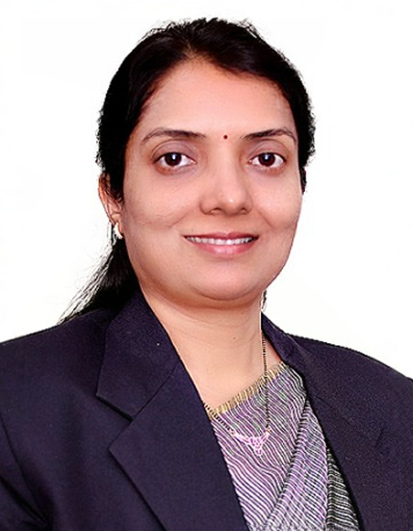
Dr. Vijaya Musande
Principal, JNEC, MGM University, India
Dr. Madhusudan N. Rao
BSU, USA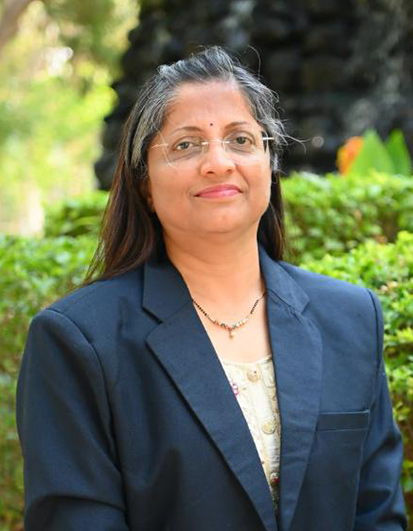
Dr. Sharvari Tamane
Director, IICT, MGMU
Dr. K. P. Singh
Director, IIFL, MGMU
Dr. Imane El Imadi
Hassan II University, Morocco
Dr. Mohammed Moubtassime
USMBA, Morocco
Prof (Ph.D) Taiseer ALqaisi
TTU, Jordan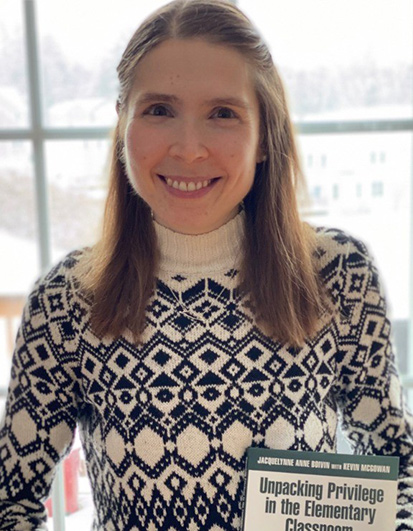
Dr. Jackie Boivin
BSU, USA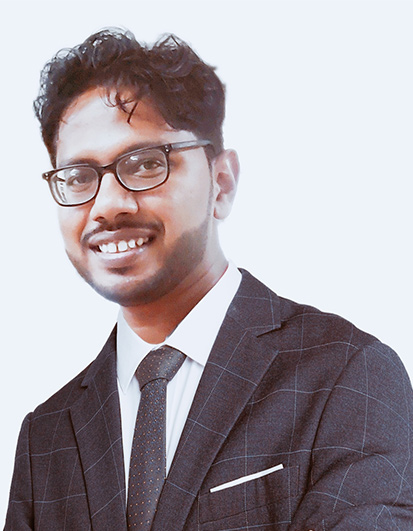
Dr. Prashanth Venugopal
ST PAULS COLLEGE, Bengaluru, IndiaScientific Committee
Conference Outcomes
- Establishment of international research clusters across education, health, engineering, and management.
- Collaborative initiatives for student and faculty exchange, innovation labs, and transnational projects.
- Publication of selected papers in Scopusindexed conference proceedings and partnered international journals (Q1/Q2 categories).
Conference Releted Queries
For US and American Universities
For Jordanian and Middle East Universities
For Moroccan and rest of Africa Universities
For Indian and the rest of the world Universities
Address
MGM University
MGM Campus, N-6, CIDCO,
Chhatrapati Sambhajinagar (Aurangabad),
Maharashtra, India,
431003
Chhatrapati Sambhajinagar (Aurangabad)
Chhatrapati Sambhajinagar, formerly known as Aurangabad, is a historic city in Maharashtra renowned for its rich cultural heritage and architectural marvels. Established during the Mughal era, it flourished as a center of art, trade, and craftsmanship. The city’s uniqueness lies in its blend of Mughal and Maratha influences, reflected in monuments like Bibi Ka Maqbara, Panchakki, and the ancient Ajanta and Ellora Caves—UNESCO World Heritage Sites. Strategically located, it connects Maharashtra’s historical and spiritual heartlands. Today, Chhatrapati Sambhajinagar stands as a symbol of India’s glorious past, showcasing resilience, harmony, and the timeless beauty of its diverse cultural legacy.
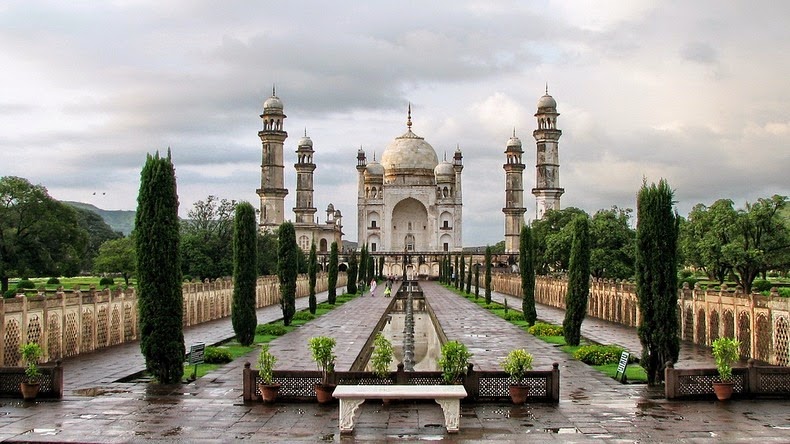
BIBI KA MAQBARA
The Bibi Ka Maqbara (Tomb of the Lady) is a tomb located in Chhatrapati Sambhajinagar, Maharashtra, India. It was commissioned in 1660 by the Mughal emperor Aurangzeb in the memory of his wife Dilras Banu Begum (posthumously known as Rabia-ud-Daurani) and is considered to be a symbol of Aurangzeb's 'conjugal fidelity'.It bears a striking resemblance to the Taj Mahal, the mausoleum of Aurangzeb's mother, Mumtaz Mahal.
PANCHAKKI
Panchakki, known as the water mill. This monument is located in Chhatrapati Sambhajinagar, Maharashtra, displays the scientific thought process put in medieval Indian architecture. It was designed to generate energy via water brought down from a spring on a mountain. The building, attached to the dargah of Baba Shah Musafir a Sufi saint is located in a garden near the Mahmud Darvaza and consist of a mosque, a madrassa, a kacheri, a minister's house, a sarai and houses for zananas.
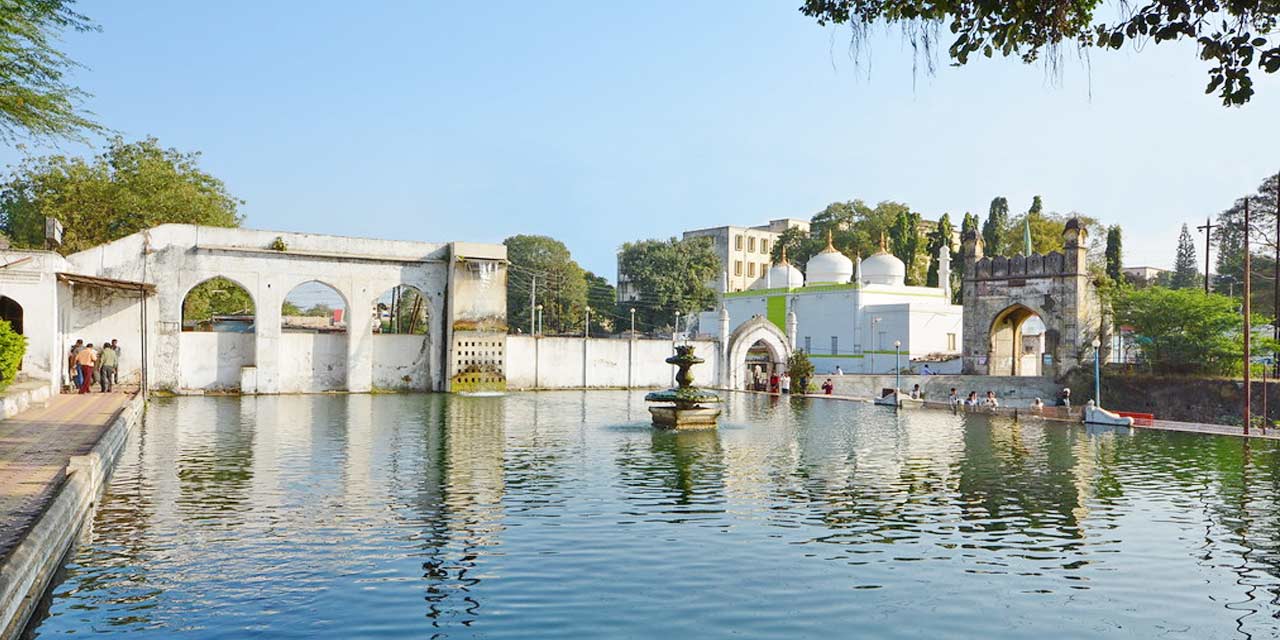
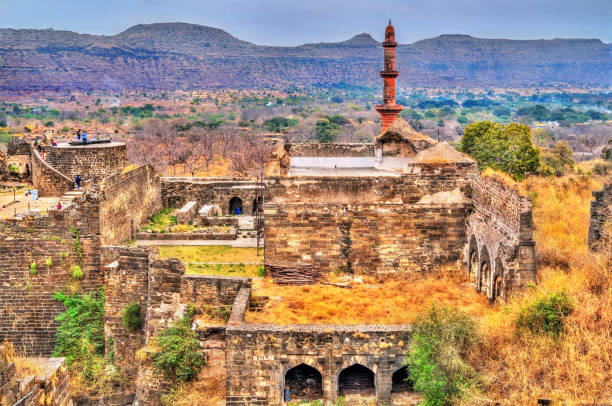
DAULATABAD FORT
Daulatabad Fort is a fortified citadel located atop a conical hill in Chhatrapati Sambhajinagar, about 200 meters above the sea level. Its strategic location, incredible architecture and three-layer defense system made it one of the most powerful hill fortresses of the medieval period. It served as the capital of the Yadava Dynasty and the Delhi Sultanate as well as the secondary capital of the Ahmadnagar Sultanate at different points in history. The fort, which now is a key tourist attraction in Aurangabad, offers spectacular views of the surrounding areas.
AJANTA CAVES
The Ajanta Caves constitute ancient monasteries and worship-halls of different Buddhist traditions carved into a 75-metre (246 ft) wall of rock. The caves also present paintings depicting the past lives and rebirths of the Buddha, pictorial tales from Aryasura's Jatakamala, and rock-cut sculptures of Buddhist deities.
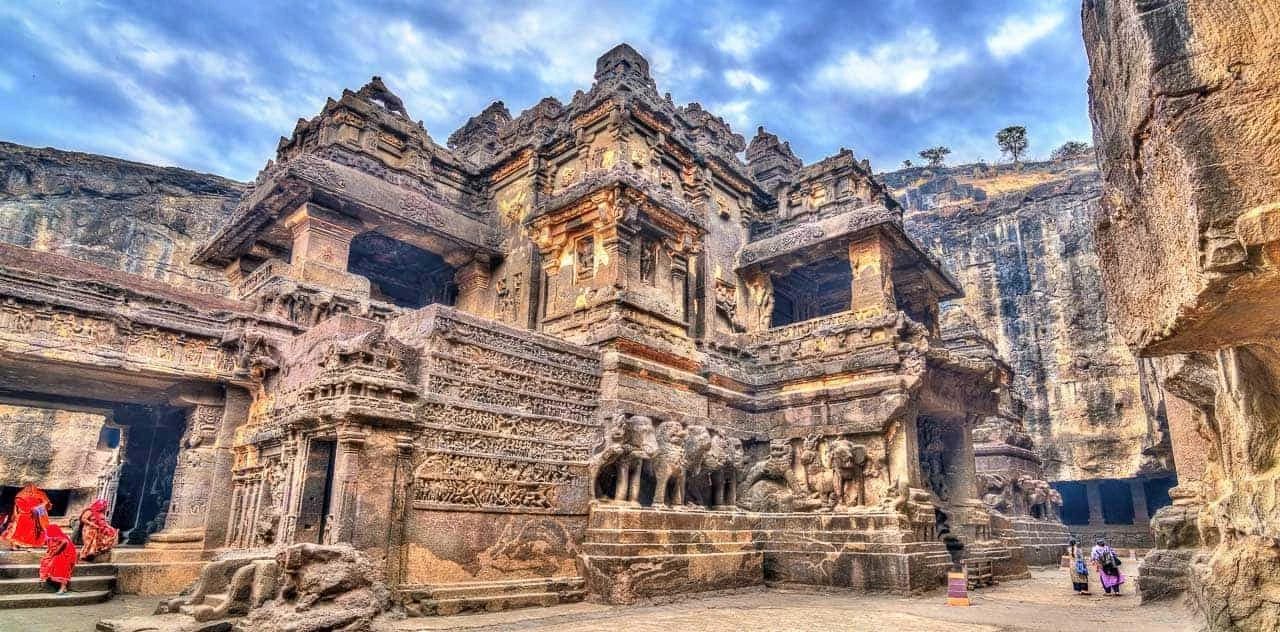
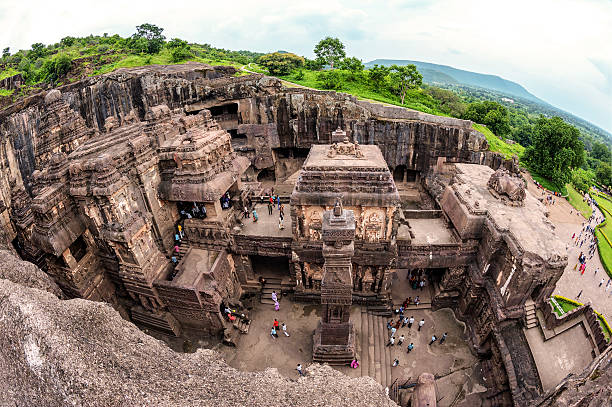
ELLORA CAVES
Carved top down with just three different types of chisels and hammers, Ellora cave temples is astonishingly beautiful. It is a Unesco World Heritage Site, one thats needs to be seen to be appreciated. Located in Chhatrapati Sambhajinagar, Maharashtra, Ellora is the epitome of ancient Indian rock-cut architecture. It was carved out laboriously by Buddhist, Hindu and Jain monks over five centuries
